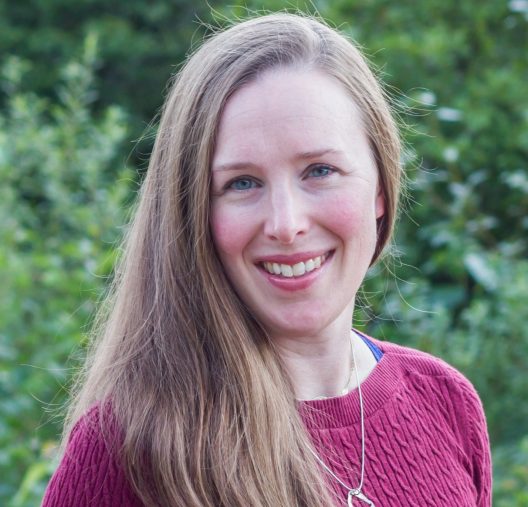Alaska Native Resilience to Climate Change Focus for Beaudreau
On the shores of the Chukchi Sea in far northwest Alaska, climate change is already impacting the traditional way of life of the Iñupiaq people. The inhabitants of this region have lived off the land for thousands of years, hunting caribou and bearded seals, fishing for salmon and sheefish, and foraging wild berries and plants. But as the planet warms and Arctic sea ice thins, accessing and harvesting these traditional foods has become more difficult.
“The Arctic is a place that’s experiencing very rapid climate change, which is affecting people’s livelihoods and the way they interact with the landscape,” said UW Professor of Marine & Environmental Affairs Anne Beaudreau. “People have seen big changes in the past five to 10 years.”

To better understand the practical impacts of these changes on subsistence harvesters, Beaudreau partnered with Stanford doctoral candidate Kristen Green to interview more than 70 residents of the small, coastal towns of Kotzebue and Kivalina, Alaska. Their research highlighted the significant challenges these communities are facing, and revealed opportunities for agencies like the National Park Service to incorporate traditional Iñupiaq values and practices into their management of subsistence resources.
Read more about the project and resulting papers via UW College of the Environment’s news.